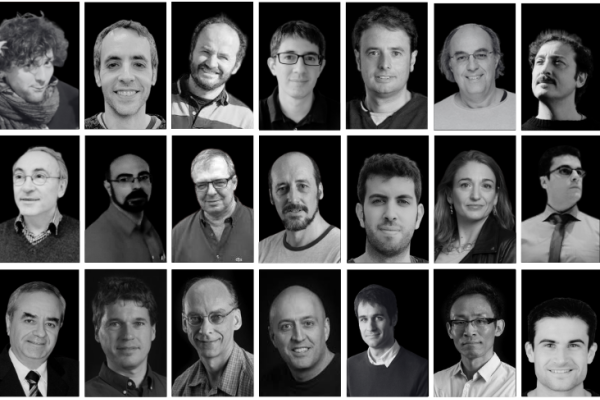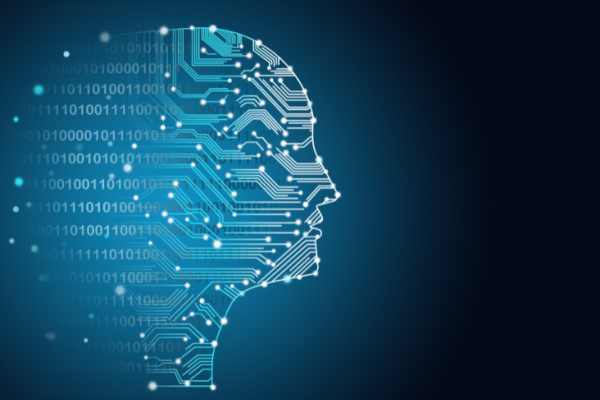A. Dark Energy and the Origin of the Universe
Origin of the Universe and its primordial fluctuations, the inflation paradigm, primordial black holes as dark matter, theory and observational probes of dark energy and dark matter, large-scale structure surveys (DESI, EUCLID, WEAVE), observational tests of cosmology.
B. Fundamental Physics and Astrophysics from Gravitational Waves
Fundamental physics and stellar/dynamical origin of black hole and neutron star mergers, analysis of gravitational wave events.
C. Strongly Coupled Matter
Behavior of dense, strongly coupled matter in the early universe and in neutron stars.
D. Beyond the Standard Model: New Particles and Dark Matter
Flavor physics, particle physics beyond the standard model, axion detection experiments (IAXO and RADES), axion physics as dark matter candidates.
E. Structure and Evolution of the Milky Way Galaxy through Gaia
Dynamics and structure of the Milky Way galaxy from Gaia data and other observations.
F. Quantum Computation and Simulation
Physics of quantum computation and simulation of quantum systems.
The Maria de Maeztu postdocs will be able to collaborate and work with all our faculty and postdocs. In addition, the Maria de Maeztu funds will expand the capabilities of our Technological Unit, which develops technology useful for the missions and experiments that our Institute participates in and further promotes research excellence.



